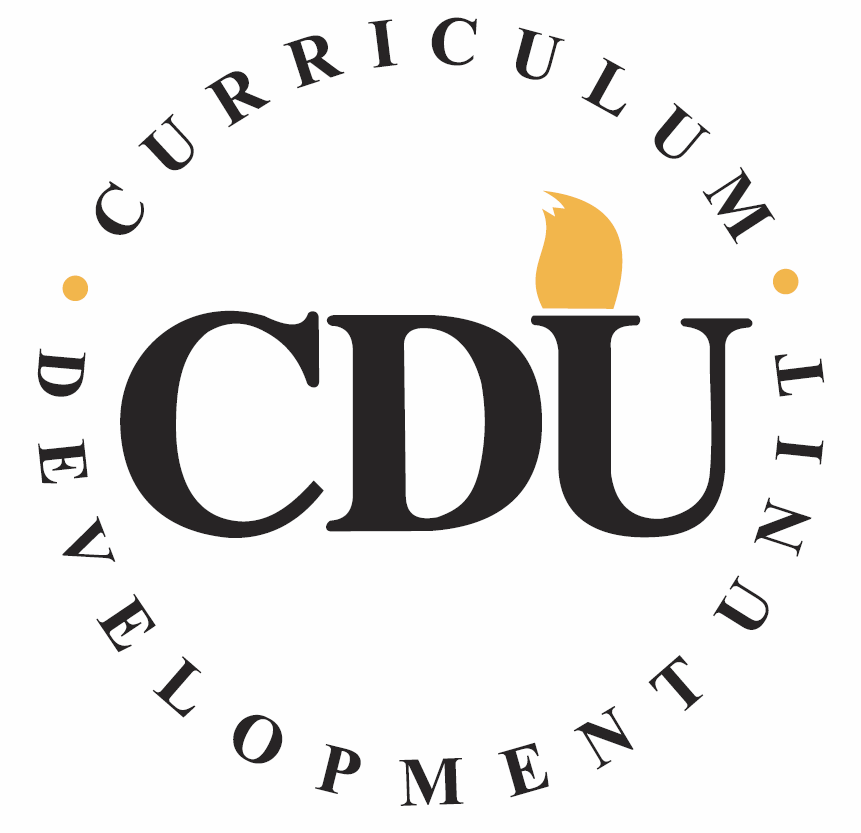CDETB Curriculm Development Unit
BACKGROUND
CDETB believes that education is a lifelong process of developing and realising human potential through the exploration of what it means to be human. CDETB has been involved in social justice and development education for several decades and has played a major role in the evolution of Development Education in the post primary sector in Ireland.
CURRENT PROJECTS
The CDETB is one of the three partners (along with Concern and Gorta-Self Help Africa) in a consortium leading the WorldWise Global Schools programme, the main programme of development education in Ireland’s post primary schools.
The European Commission funded Global Learning Project aims to promote understanding of global interdependence and the causes of global poverty and inequality. The project involves NGOs and local education authorities in six European countries, working to influence curriculum in areas such as citizenship education, history, geography and economics. The six European countries involved in the project are Italy (lead country), Ireland (A Partnership with Africa, in partnership with the Curriculum Development Unit of the City of Dublin Education and Training Board), Austria, Bulgaria, the Netherlands and the Czech Republic.
CDETB also plays a major role in Education for Sustainable Development (ESD), a programme built around the Sustainable Development Goals. CDETB is a member of the Perl-Unitwin international network for education about sustainable lifestyles. The Curriculum Development Unit worked closely with CCN and PERL and led the development of active teaching and learning approaches and resources to support sustainable and responsible living in formal, informal and non-formal learning situations. From 2006 to the present the Curriculum Development Unit has been a lead author/editor of eight ESD active methodology toolkits.
The International Federation of Home Economics (IFHE) together with the CDU as lead agency has produced an e-book to support international sharing of practice in relation to sustainable development and responsible living. The eBook currently includes 134 contributions from 54 Countries worldwide.
